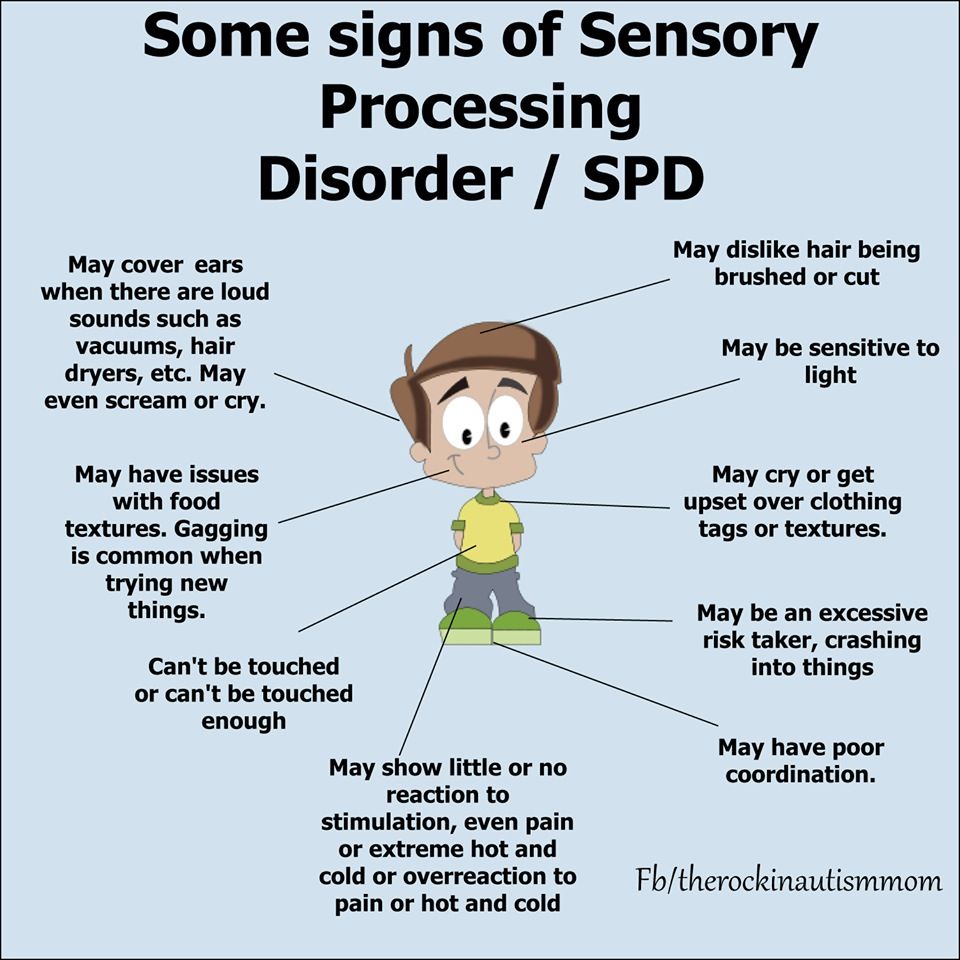

Our experience is yes and that Bérard Auditory Integration Training (AIT) helps train the brain to interpret better what the ears hear.Ĭontact Us for a free telephone consultation and further information. Can Auditory Processing Difficulties be helped? They may sometimes behave as if they have a hearing loss. The extra effort required of a person to make sense of this distorted input can lead to tiredness and, in more severe cases, to ‘tuning out’ or ‘switching off’ and retreating into their own world. Where this process does not work well, distorted information will be received. Poor auditory processing can have a negative impact on language acquisition, behaviour and social or academic performance. Those with APD / CAPD have difficulty attending to, storing, locating, retrieving, and/or clarifying auditory information to make it useful for academic and social purposes. Put simply, “it is what the brain does with what the ear hears” (Katz 1994). It also requires the ability to effectively separate meaningful messages from the non-essential background sounds and deliver that information with good clarity to the brain. It involves the brain’s ability to sort through the sounds and make sense of all the incoming information. Processing auditory information goes beyond just hearing. Improved ability when in quieter settings or one to one interactions.Difficulties in understanding abstract information.The deficits of their CAP can be determined by using a battery of tests with known sensitivity to lesions in various regions of the brain. This impacts how you relate to others, study and learn, participate in. Individuals with CAPDs comprise a heterogenous group with various processing strengths and weaknesses that influence their auditory learning. Whatever the specific symptoms, SPD disorder makes it difficult to interact with your daily environment. Reading, spelling, writing or language difficulties Sensory Processing Disorder (SPD) manifests in many small, sometimes maddening ways.Difficulty hearing conversations on the telephone Summary: Auditory processing disorder (APD) is a condition which affects how people hear the sounds around them.Delay in processing input, elaboration or output.Difficulty following long conversations.Difficulty following multi-step directions.Struggle to hear in crowded, noisy places.While not everyone with APD / CAPD will exhibit all behaviours the following are some examples of behaviours that may be displayed by children or adults who have CAPD / APD: Some signs of Central Auditory Processing Disorder

These difficulties are generally aggravated when there is background noise. The terms Central Auditory Processing Disorder (CAPD) or Auditory Processing Disorder (APD) describe a variety of problems that interfere with the processing of auditory information including auditory figure-ground problems, auditory memory problems, auditory discrimination problems, auditory attention problems and auditory cohesion problems. Auditory processing difficulties can affect both children and adults. But for adults, the cause of APD in adults may range from head trauma, genetics, tumors, auditory deprivation (untreated hearing loss) and periods of anoxia. doi:10.1136/ Auditory Processing Disorder (CAPD) Central Auditory Processing Disorder (CAPD) or Auditory Processing Disorder (APD) is not a hearing impairment, but an inefficient processing of what is being heard. Auditory integration training and other sound therapies for autism spectrum disorders: a systematic review. An adult guidance sheet discussing Auditory processing Disorder (APD), difficulties shown in those with APD and how they can be supported in the classroom. Sinha Y, Silove N, Wheeler D, Williams K. Sensory processing in autism: a review of neurophysiologic findings. Marco EJ, Hinkley LB, Hill SS, Nagarajan SS. Speech-sound-selective auditory impairment in children with autism: they can perceive but do not attend. Auditory encoding abnormalities in children with autism spectrum disorder suggest delayed development of auditory cortex. Central Auditory Processing Disorders in Individuals with Autism Spectrum Disorders. APD can happen after chronic ear infections, meningitis, or lead poisoning. APD can affect the way your child speaks as well as their ability to read, write, and spell. Ocak E, Eshraghi RS, Danesh A, Mittal R, Eshraghi AA. What Is Auditory Processing Disorder Symptoms. The diagnosis and management of auditory processing disorder.


 0 kommentar(er)
0 kommentar(er)
